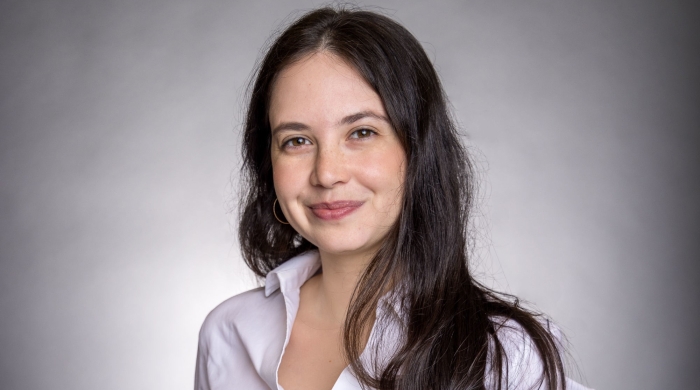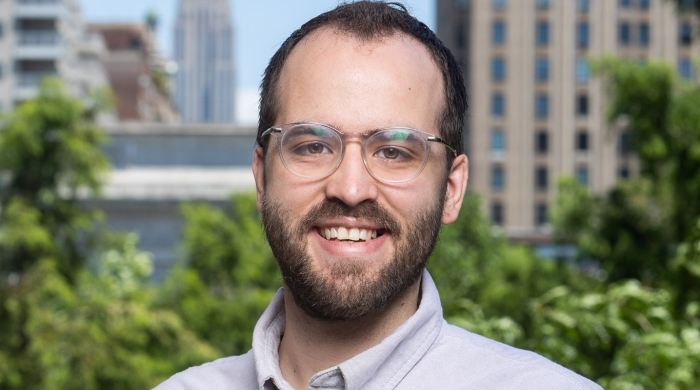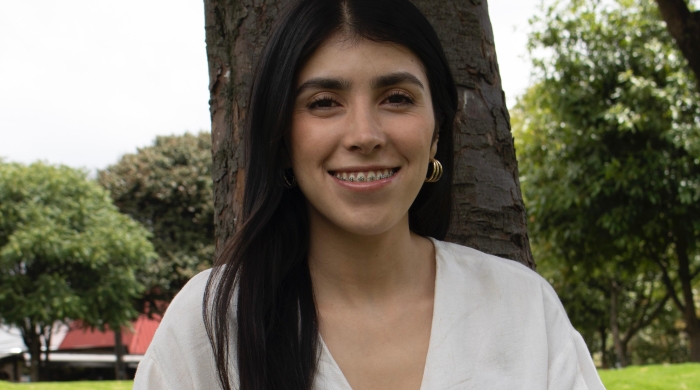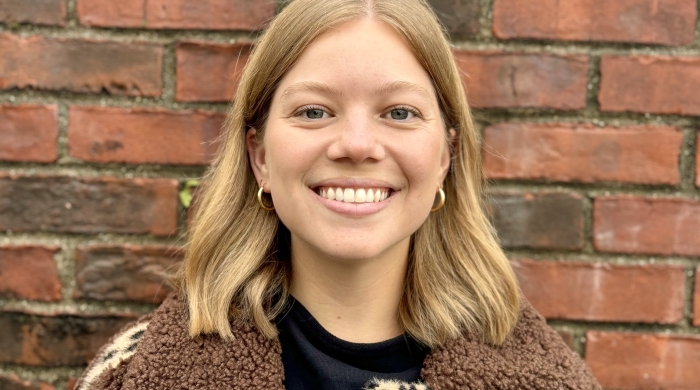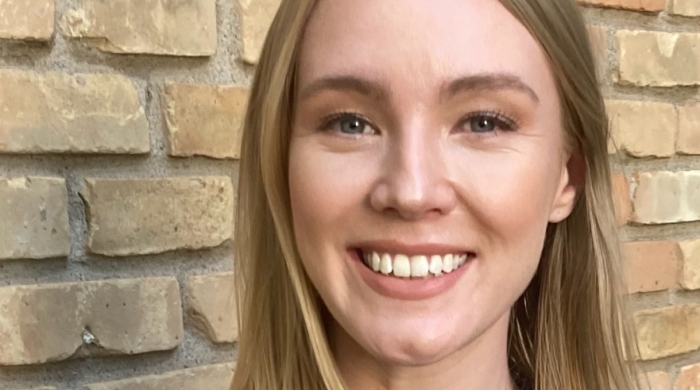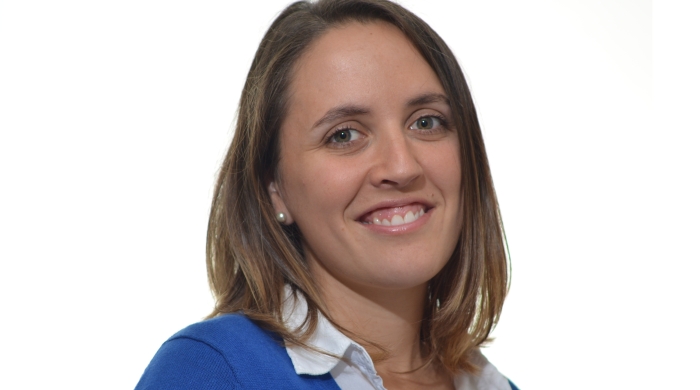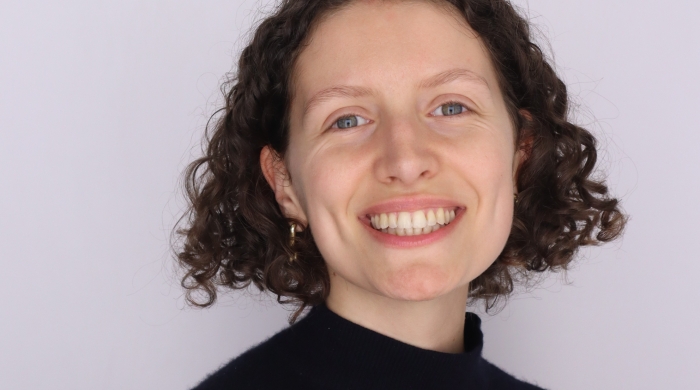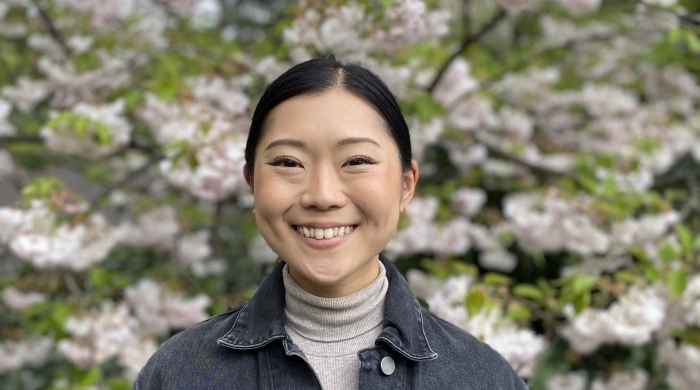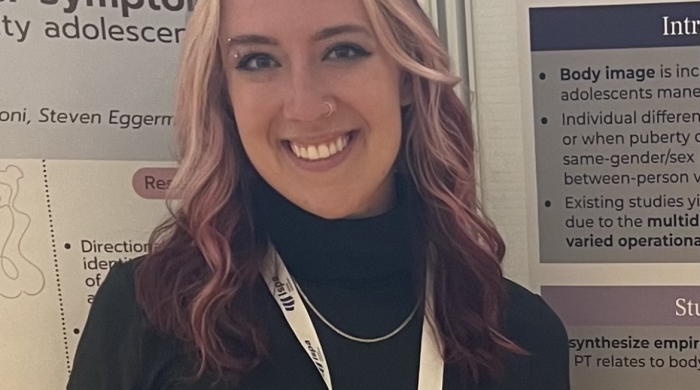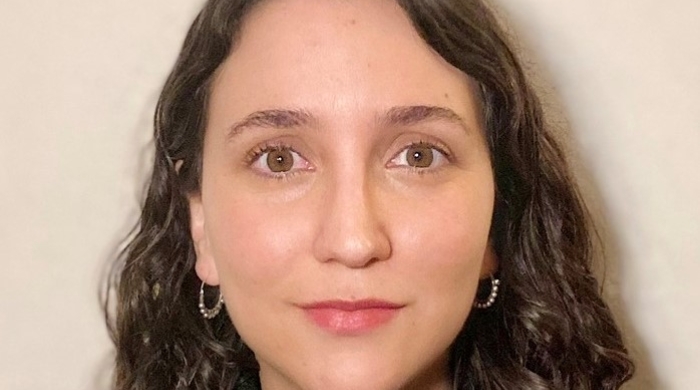
Community Building and Service
Entering graduate school represents the continuation of your professional development, part of which will take you beyond the confines of New York University, your courses, and your research.
The successful Psychology and Social Intervention (PSI) student goes above and beyond coursework, faculty research activities, and program milestones to engage in ongoing professional development, building the unique skills and competencies they need for their particular interests and career goals.
We encourage students to consider each of the activities listed below as an integral part of your professional development and socialization. These activities will get your work known and help you to begin to establish important network ties. All of these can be critical to your future marketability and job success.
-
MethodHub serves as a dedicated space for discussing any methodological challenges, both quantitative and qualitative, that students may come across in their research journey. While there are themed discussions on certain weeks, the primary purpose of this group is to foster a collaborative environment where members can assist and support one another.
-
The PSI program colloquium meets weekly and brings together PSI faculty, students and external speakers to present and discuss scholarship. It is mandatory for all PSI students for the first five years . The colloquium series is designed to 1) foster a sense of community among students and faculty through intellectual discussions and presentations, 2) expose students to various research topics, theories, and practices in psychology and social intervention through talks and seminars by external speakers, 3) encourage discussions around social issues (such as race, power, and privilege) through expert-led, structured workshops and 4) serve as a space for professional development workshops and conversations. Through these core events, the colloquium serves as an important venue for students and faculty to explore theoretical, methodological, and practical issues in psychology and social intervention in the current world.
-
PSI students can work as graduate teaching assistants, course assistants, or adjunct instructors while completing their degrees during the semester or the summer. Students typically take on teaching responsibilities in the later years of their doctoral study. These opportunities are paid positions and are awarded in addition to their stipend or research fellowship. Serving as a teaching assistant helps students improve their teaching skills and confidence in lecturing, especially if they desire to work in academia in the future. Typical duties include: grading student assignments, grading exams, guest lecturing, answering student emails, and leading recitations and exam review sessions.
-
The advanced doctoral students in PSI take the lead in creating low-stakes social gathering opportunities for all students in our program. Some gatherings include both faculty and students, while others are exclusive to students. We cherish these spaces and times, utilizing them to connect professionally and personally, give and receive advice, and enjoy each other’s company.
-
Especially necessary during a time when most of our students are studying remotely, students have created several small writing groups. Group members meet at least once weekly to share works-in-progress, provide feedback, and work in tandem. Writing groups are composed of students across years and mentors, and as such, are a key forum for engaging with ideas outside our main areas of expertise.
-
Students work with the lead faculty to organize informal gatherings for the PSI community to discuss issues of interest. This might be an issue in the news, a program or policy, or any other topic of interest. The goal is to provide an additional space for intellectual and informal social exchange among students and faculty.
Before PSI
Current students' experiences before entering the PSI program.
Undergraduate Degrees in:
- Biology
- Cognitive Science
- Economics
- Government and Public Affairs
- Global Public Health
- Human Development
- Psychology
- Religion
- Sociology
Don’t have an undergraduate degree in psychology? Read our FAQs in the About The Application Process Section.
Completed Master's Degrees:
Completed a master’s degree before enrolling in PSI.
- 68% Yes
- 32% No
Master’s Degrees in:
- Applied Psychology
- Applied Statistics
- Child Studies
- Community Psychology
- Education (includes Human Development and International Education)
- International Development
- Social Psychology
- Statistics, Measurement, Assessment, Research and Technologies
- Quantitive Methods in Social Sciences
Full-time Job:
Had a full-time job before enrolling in PSI.
- 75% Yes
- 25% No
Employment Areas:
PSI Students who worked full-time held jobs in the following areas:
- 43% Education
- 33% Psychological Research
- 10% Other Research
- 5% Nonprofit
- 5% Health Policy Research Associate
- 4% Analyst
Meet Our Current Students
Berta Bartoli
Principal Advisor(s): Dr. Pamela Morris-Perez, Dr. Alejandro Ganimian
Adam Benzekri
Principal Advisor(s): Dr. Pamela Morris-Perez
Juliana Borbón
Principal Advisor(s): Dr. Jorge Cuartas
Jordan Brown
Principal Advisor(s): Dr. Michelle Twali
Jarrell E. Daniels
Principal Advisor(s): Dr. Rezarta Bilali, Dr. Shabnam Javdani
Sohini Das
Principal Advisor(s): Dr. Diane Hughes
Emily Franchett
Principal Advisor(s): Dr. Hirokazu Yoshikawa
Silvana Freire
Principal Advisor(s): Dr. Hirokazu Yoshikawa
Bridget Horta
Principal Advisor(s): TBD
Natalie May
Principal Advisor(s): Dr. Elise Cappella, Dr. Erin Godfrey, Dr. Shabnam Javdani
Verónica Mesalles
Principal Advisor(s): TBD
Christine Park
Principal Advisor(s): Dr. Elise Cappella
Lucero Ramirez Varela
Principal Advisor(s): Dr. Lawrence Aber
Abigail Richburg
Principal Advisor(s): Dr. Hiro Yoshikawa
Micaela Varela
Principal Advisor(s): Dr. Rezarta Bilali, Dr. Michelle Twali






